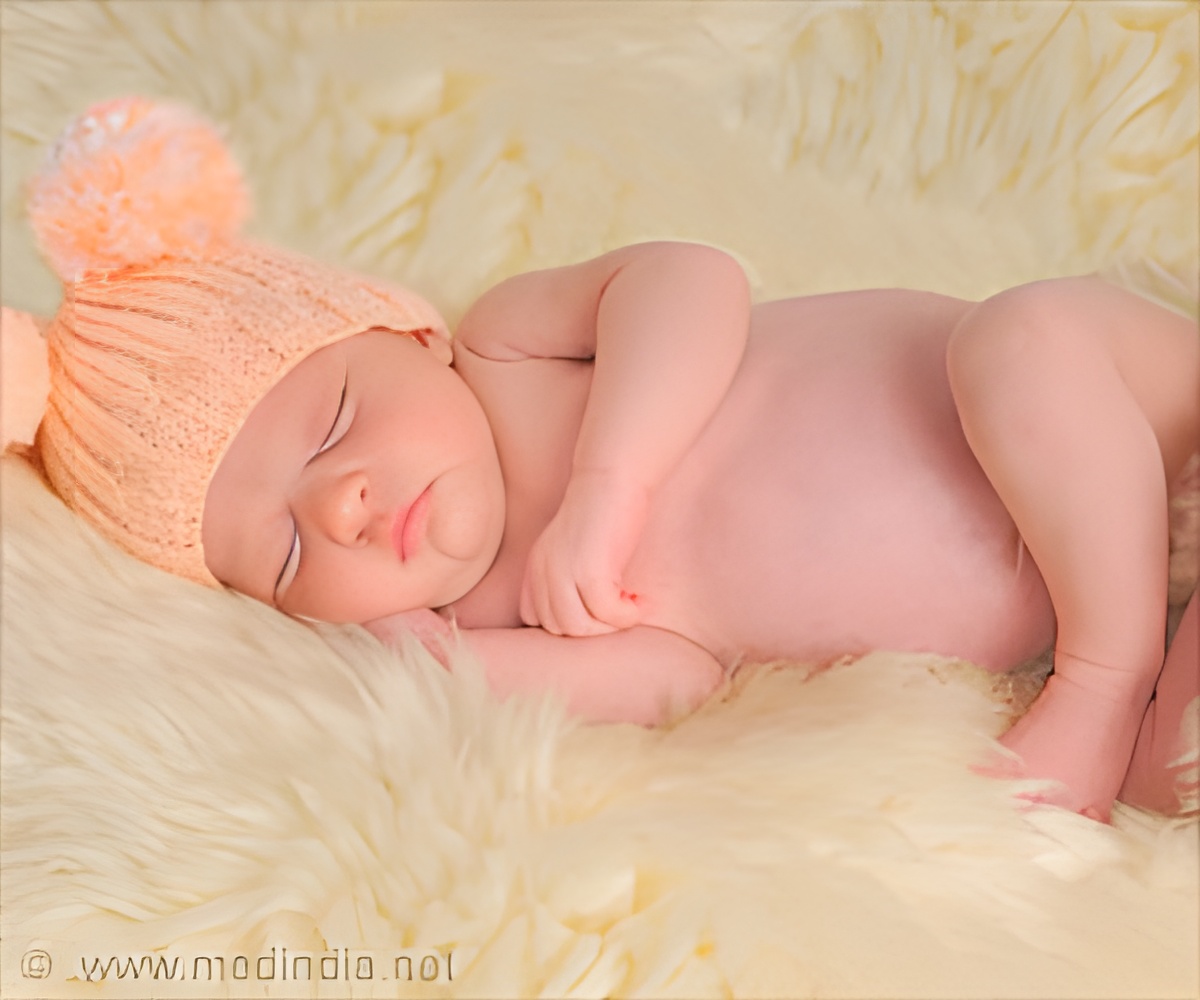New research now shows that sleeping on bedding made with animal skins could reduce your baby’s risk of developing allergy and asthma.

We all are aware that the warm, moist environment of the mattress is the perfect place for dust mites to live, which could potentially cause allergic reaction in people who are sensitive to them. House dust mite allergy is quite common and could lead to asthma, eczema and hay fever.
New research shows that sleeping on bedding made with animal skins could reduce your baby’s risk of developing asthma. Scientists hypothesize that germs in the hide and fur prime the immune system not to trigger allergies.
The researchers conducted a study in 2,441 healthy German babies and monitored their progress until they were 10 years old. About 55 percent of the babies slept on animal skin during their first three months of life.
It was found that babies who slept on animal skin were 79 percent less likely to develop asthma by six years of age as compared to children who were not exposed to animal skin.
The results of the study were presented at the European Respiratory Society's International Congress held in Munich. It lends support to the "hygiene hypothesis" which suggests that too much cleanliness early in life can increase susceptibility to allergies.
She added "Our findings have confirmed that it is crucial to study further the actual microbial environment within the animal fur to confirm these associations."
• Find the root cause or the trigger, which causes the allergy, and try and avoid it. For eg., if it is an environmental or airborne allergy, such as mould and pollen allergies, keep your baby away from it. Keep your baby indoors when the pollen count is high, especially when it's windy outside. Make sure you wash or bathe the baby well after coming indoors.
• Keep an antihistamine (eg., Benadryl) handy which could help with the baby’s allergy symptoms such as itching, runny nose and hives. Sometimes topical or inhaled steroids are also used.
• Immunotherapy, in which the baby or the child is exposed to small amounts of allergens for the purpose of desensitization could also be considered. It is normally recommended in severe allergies such as hay fever or pet allergies.
• If the baby or child suffers with severe or life threatening allergies, then you need to keep an EpiPen (syringe filled with Epinephrine) with you at all times.
So the next time you notice your baby being wheezy and congested in the morning, take a good look at the bedding. Select the right kind of mattress keeping asthma and allergies in mind. You could consider changing it to animal skin bedding after talking to your health care provider and see the difference for yourself.
Source-Medindia














